About CO:RE
Children and young people go online virtually every day. International data on children and online media is extensive, heterogeneous and partly contradictory.
We aim to create a comprehensive pan-European knowledge platform with the participation of international researchers, educators, policymakers and concerned dialogue groups. Providing an overview of the research situation, enabling access to empirical data, bridging evidence to education and policy and offering resources and tools to anyone concerned with children and media lie at the heart of our work.
Our mission
The aim of the coordination and support project “Children Online: Research and Evidence (CO:RE)” is the conception and implementation of a comprehensive and at the same time dynamic, pan-European knowledge platform on the experiences of children and young people in digital communication spaces and the effects of technological changes on children and young people. The CO:RE Knowledge Base provides a holistic overview of the current research landscapes and enables access to empirical data for re-analysis. Furthermore, it offers a range of toolkits filled with resources and materials, such as blog posts, webinars, vlogs, reading lists and reports for researchers, educators and policy-makers alike for more than 30 European countries.
Funded by the European Commission
The project is funded within the EU's DT- TRANSFORMATIONS- 07-2019: “The impact of technological transformations on children and youth” and has a duration of three years.
The project consortium
We are a team of more than 30 experts from 10 partnering institutions in 9 European countries.
View CO:RE work package structure
Our consortium is strongly tied to the research network EU Kids Online and closely collaborates with our H2020-funded partner projects DigiGen, DIGYMATEX and ySKILLS.
A team of 100+ individuals supports the consortium from 25 European institutions that contribute relevant research and evidence from their respective countries to the
CO:RE Evidence Base and Data Directory.
1. Leibniz Institute for Media Research, Hans-Bredow-Institut (HBI), Germany
2. Università Cattolica del Sacro Cuore, Italy
3. University of Akureyri, Iceland
4. University of Tartu, Estonia
5. London School of Economics and Political Science (LSE), United Kingdom
6. Tampere University, Finland
7. University of Oslo (UiO), Norway
8. Technological University Dublin, Ireland
9. European Schoolnet, Belgium
10. TAKEPART Media & Science GmbH, Germany
CO:RE National Partners
11. Paris Lodron University of Salzburg, Austria
12. Vrije Universiteit Brussel, Belgium
13. Sofia University, Bulgaria
14. Zagreb University, Croatia
15. Cyprus Neuroscience & Technology Institute
16. Masaryk University, Czechia
17. IT University of Copenhagen, Denmark
18. Université Côte D'Azur | University of Nice, France
19. National and Kapodistrian University of Athens, Greece
20. TKSZI: Centre for Social Sciences, Hungary
21. University of Haifa, Israel
22. University of Latvia
23. Vilnius University, Lithuania
24. University of Luxembourg
25. University of Malta
26. Windesheim University of Applied Sciences, Netherlands
27. Adam Mickiewicz University in Poznan, Poland
28. Universidade NOVA de Lisboa, Portugal
29. Association Digital Lives. Research, Education and Intervention (NGO), Romania
30. University of Belgrade, Serbia
31. Catholic University in Ruzomberok, Slovakia
32. Univerza v Ljubliani, Slovenia
33. Universidad del Pais Vasco / Euskal Herriko Unibertsitatea, Spain
34. NORDICOM, Sweden
35. Middle East Technical University, Turkey
.png)
Management & Communication
The team at HBI coordinates the project, supports the consortium and ensures that the project objectives are achieved. Further, it coordinates all communication and dissemination activities promoting the CO:RE Knowledge Base as central hub for researchers and stakeholders in education, policy-making and industry. Lastly, the team is in charge of all managerial duties towards the European Commission, including addressing all EC ethical requirements, and supports all consortium member in their reportings to the commission.
.png)

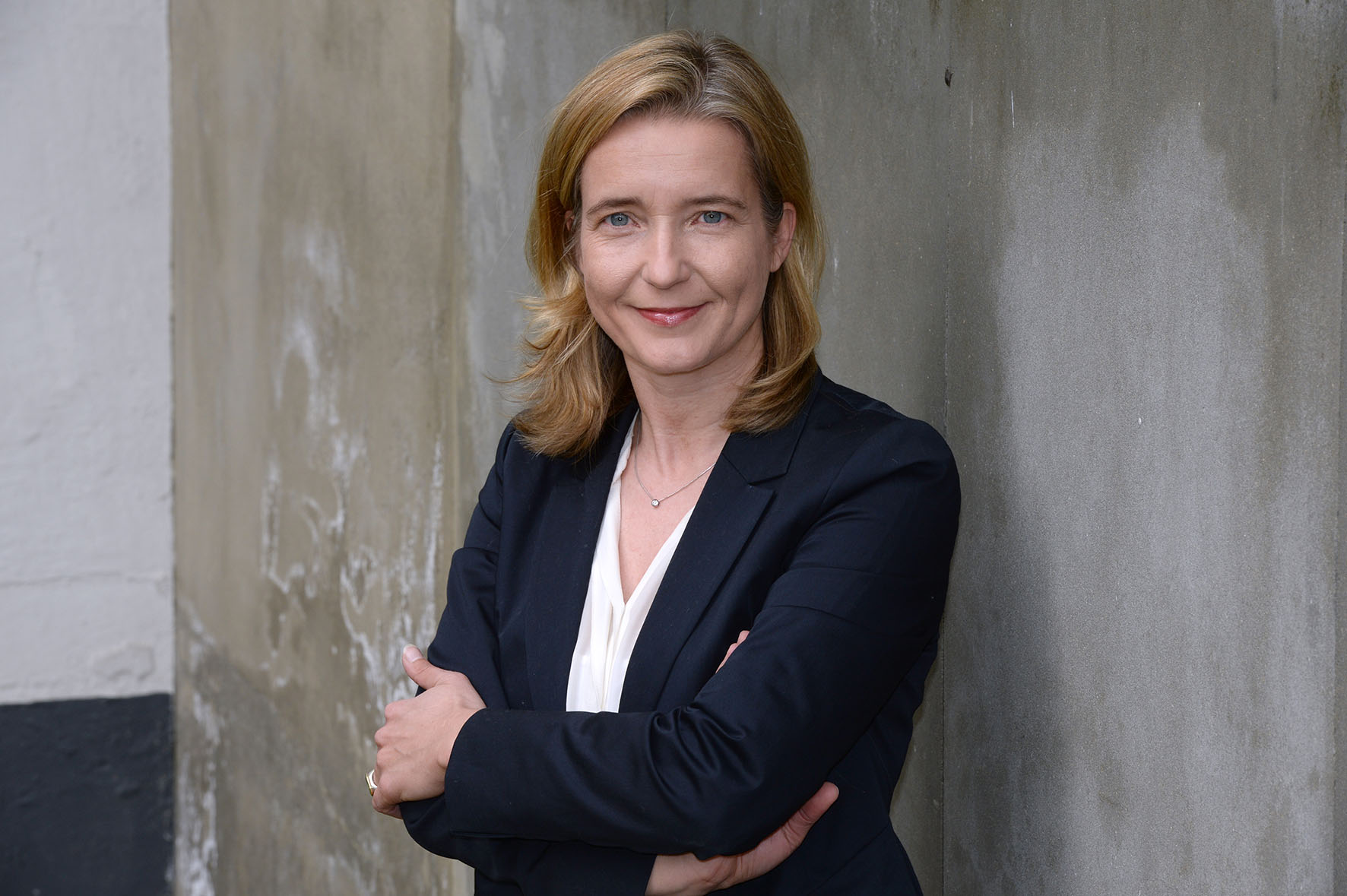

Evidence Base
The team at USCS creates the evidence base of this platform. It collects all studies and publications that address children's and young people's online experiences, with a particular focus on risks, benefits, vulnerabilities and well-being, published in the affiliated 35 pan-European countries since 2014. In doing so, the team provides a structured and annotated overview of the available research and evidence on this topic. The annotations specifically address implications for stakeholders from research, education and policy-making.



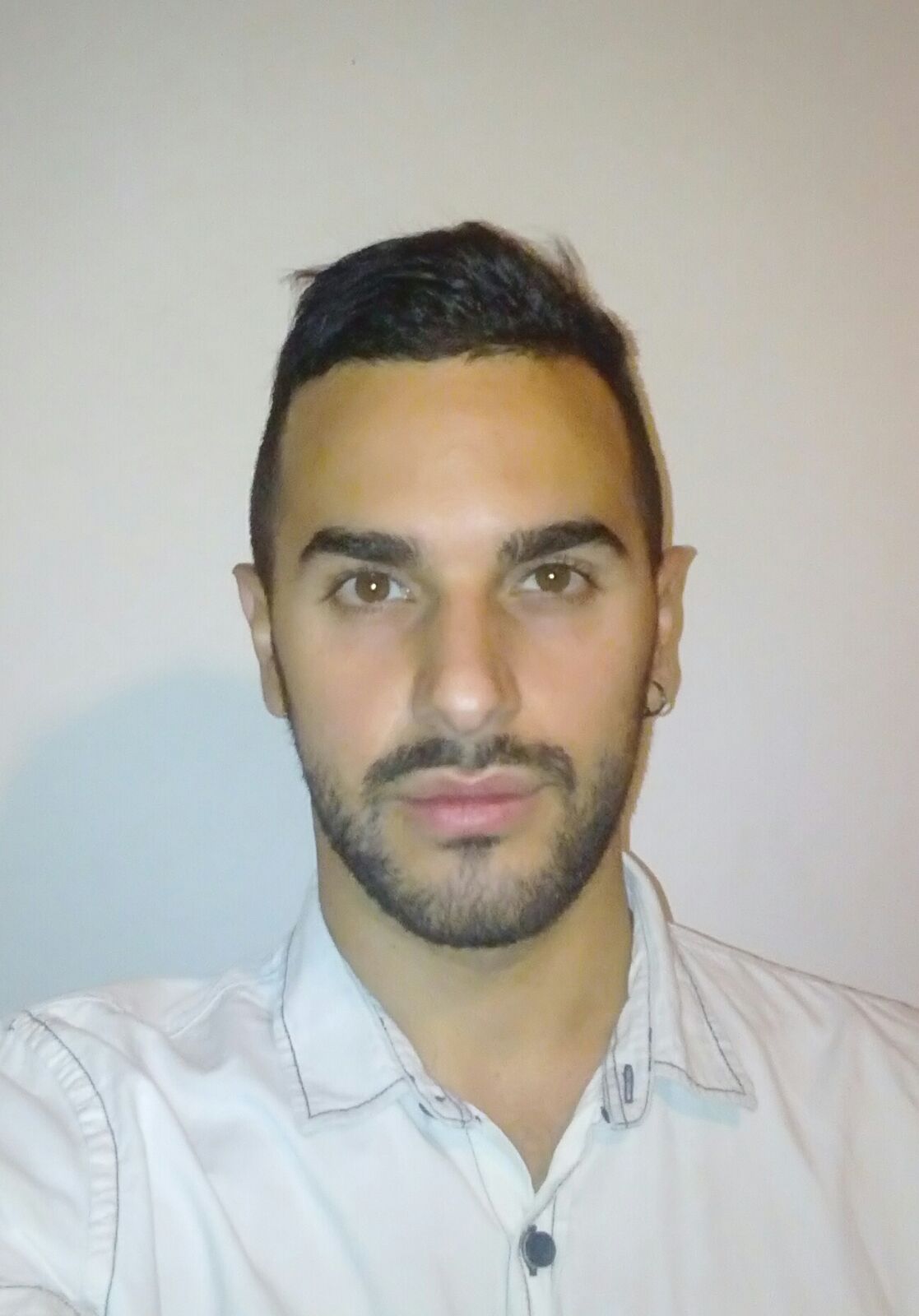
Data Directory
The team at UNAK identifies and collates existing data sets that are available for re-analysis into one systematic and comprehensive European data directory. In doing so, the team also prepares the raw data of the latest EU Kids Online comparative survey (2020) and transfers them to an open-access social science data repository. The CO:RE data directory then lists all studies with empirical data available for re-analysis in all associated countries and cross-references to the respective study in the evidence base and to the respective data repositories and owners.

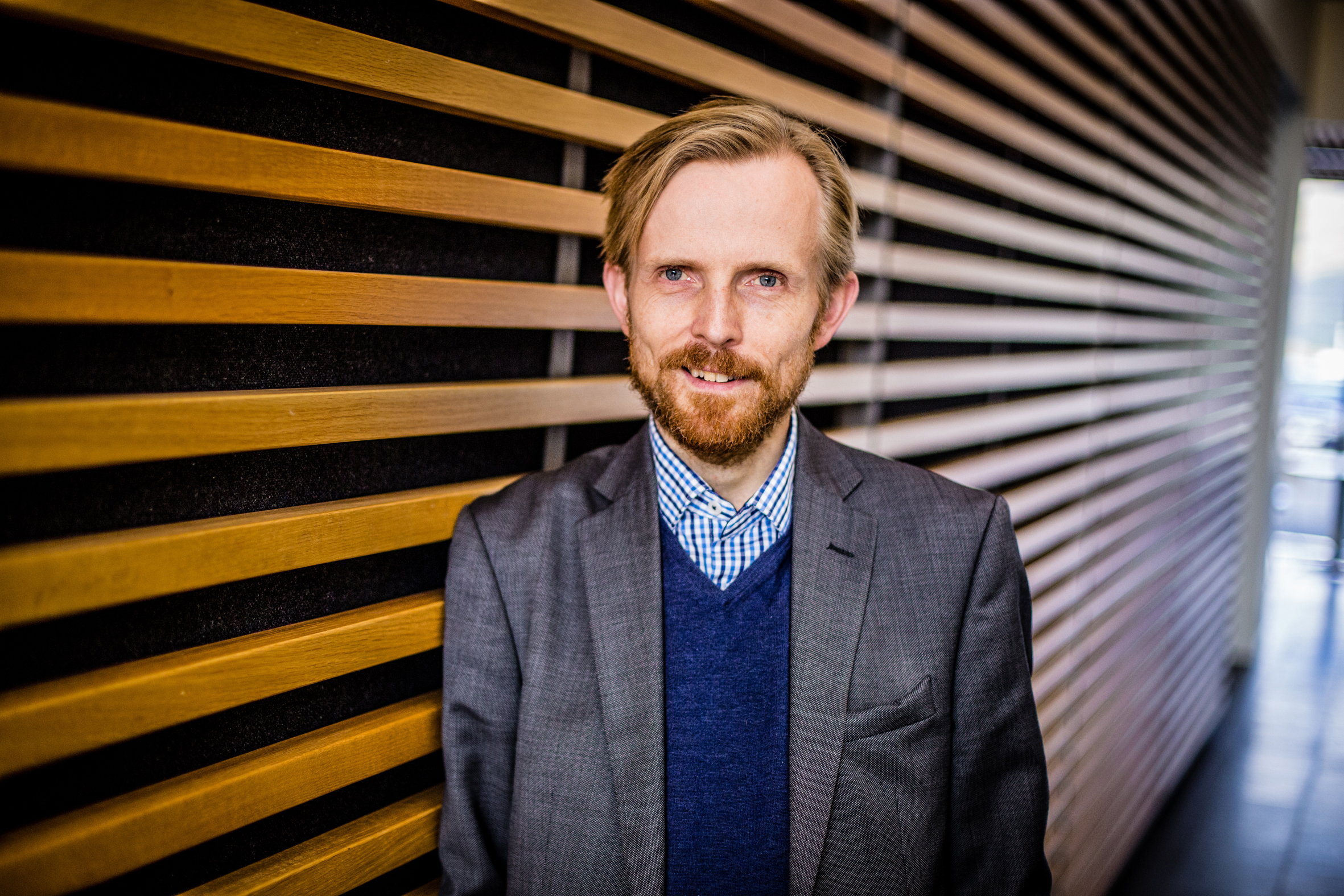

Key Topics
The team at University of Tartu identifies and monitors the most relevant topics in the broad field of digital technologies in the lives of children and young people. In collaboration with experts from different disciplinary backgrounds, the team publishes a series of blog posts and short reports.
Beyond that, the team actively engages all main stakeholders, including academics and students, policy makers, professionals working with children and young people, caregivers, ICT industry and public media, to continuously report on their perceived hot topics and blind spots in the field.

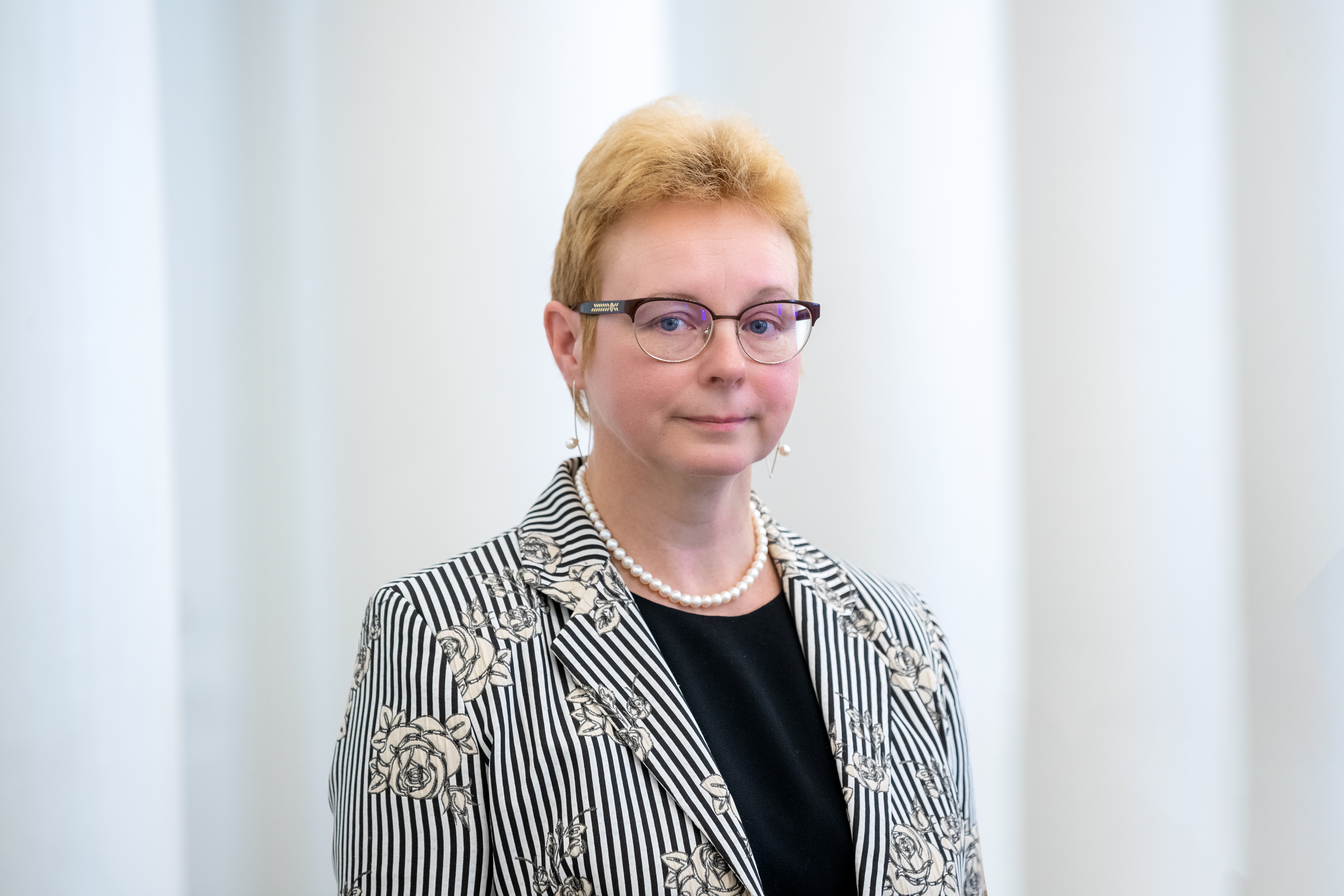





Theories
The team at the LSE works on theory, providing a series of mutually cross-fertilising mechanisms to coordinate and support the theoretical dimension of research. The team identifies valuable theoretical concepts that offer multidisciplinary breadth and depth in understanding the long-term impact of digital media on children and youth, and coallates all in a comprehensive theories toolkit that provides guidance throughout the theory pathway, from (research) question to generating theory.

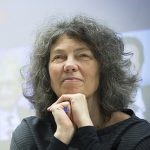

Methods
The team at the Faculty of Information Technology and Communication of TUNI identifies, develops and provides access to resources on qualitative, quantitative and mixed research methods together with evaluating their validity in research practice. These resources are collated in the CO:RE methods toolkit that cross-references resources from the evidence base, the compass for research ethics, and the theory toolkit, to give users tools to apply to their individual research contexts.
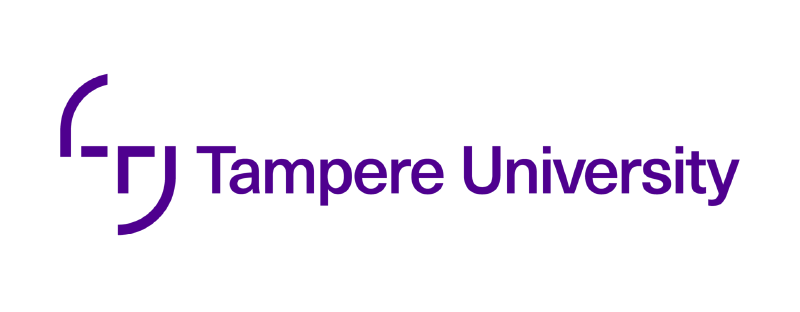
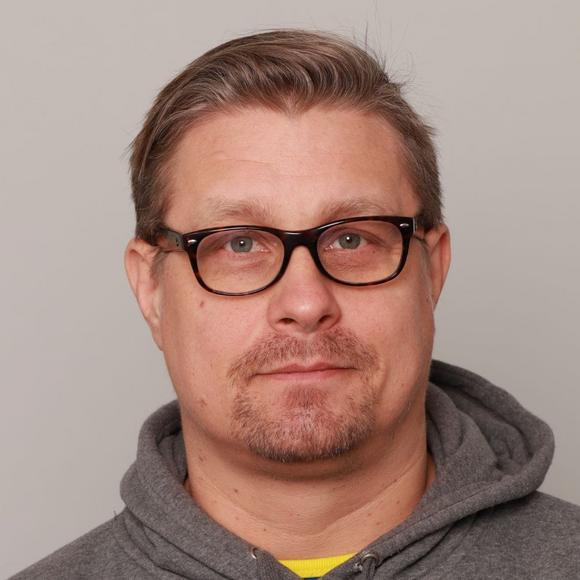

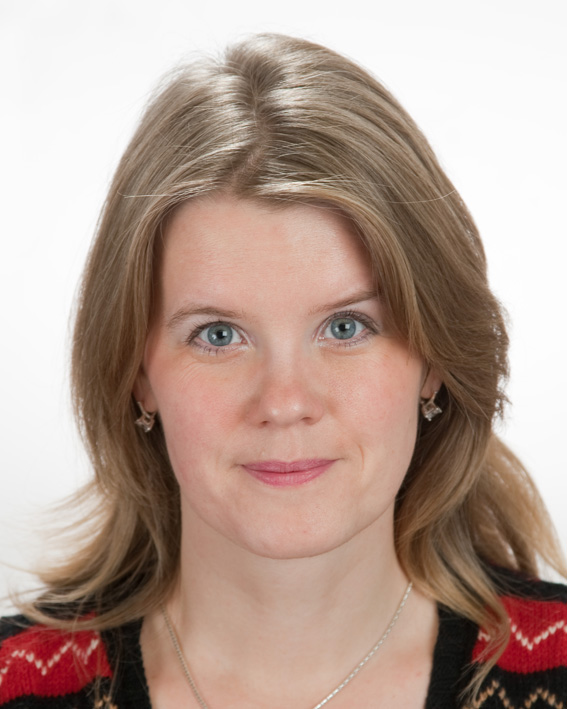
Ethical Issues
The team at UiO works on research ethical considerations and develops the CO:RE compass for research ethics. This tool collates a broad digital portfolio of resources on research ethics towards researchers, informants, and others, enhancing the understanding of how to conduct research with and in collaboration with children and young people. It also cross-references to all other CO:RE tools and complements them with and ethical lense.



Policy Stakeholders
The team at TU Dublin facilitates and promotes the uptake of state of the art scientific evidence by policymakers, while fostering feedback loops that allow policymakers to bring attention to under-researched, yet necessary aspects for policy making. The team hosts a series of events and fora, to give a voice to everyone concerned, from children and young people, to educators and policymakers.
Furthermore, the team publishes a series of policy briefs and reports, as well as collates all key actors in policy-making relevant to children, youth and digital media in one comprehensive European policy contact directory.



Educational Stakeholders
The team at European Schoolnet develops an educational toolkit that makes existing research on the impact of technological transformations on children and youth known and usable for educational stakeholders in Europe and beyond. In doing so, they engage with educational stakeholders in consultation processes to understand how the educational toolkit can be most useful to support existing educational and learning processes. Furthermore, the team provides a series of mechanisms to coordinate and support the implementation of empirical evidence in processes of school development and teachers’ training.






Technical Infrastructure
The team at TAKEPART develops all technical infrastructures required in the CO:RE project and is the technical creator of the CO:RE Knowledge Base and all its components. Furthermore, the team designs the project's visual design and logos.



Our advisory board

Leen d’Haenens
Leen d’Haenens is a Professor in Communication Science at the Institute for Media Studies of the Faculty of Social Sciences in KU Leuven, where she teaches ‘Analysis of Media Texts’ and ‘European Media Policy’ at the BA level, and ‘Media, Audiences and Identity’ at the MA level. Her research interests touch upon the topic of young people and (social) media use, with a focus on vulnerable youth. She combines quantitative and qualitative methods, multi-site comparisons, and in recent years ‘small data’ with ‘big data’ methods. She is co-editor of Communications: the European Journal of Communication Research and associate editor of the International Communication Gazette. She is a member of the Euromedia Research Group. She is currently the coordinator of a large-scale European Research project funded by Horizon 2020 (Grant Agreement no. 870612) entitled Youth Skills (ySKILLS).
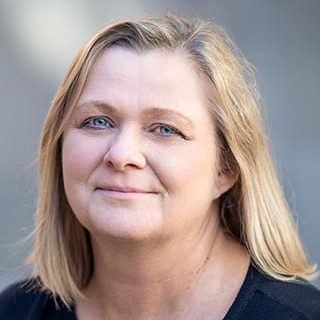
Halla B. Holmarsdottìr
Halla B. Holmarsdottir is Professor and Vice-Dean of Research at the Faculty of Education and International Studies, Oslo Metropolitan University, Norway. Her research experience includes ethnographic fieldwork with children and young people, scientific coordination and collaboration in cross-national and interdisciplinary research teams, supervision of junior researchers, and co-editing and reviewing of scientific publications. Her research draws on interdisciplinary approaches and includes research on language issues, marginalization in education, social justice, gender, education and youth. This work has taken a central focus in looking at the way in which education and more specifically teacher education can contribute to providing competencies for democratic participation. She is currently the coordinator of a large-scale European Research project funded by Horizon 2020 (Grant Agreement no. 870548) entitled The Impact of Technological Transformations on the Digital Generation (DigiGen).
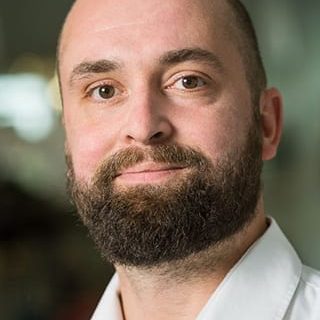
Marco Hubert
Marco Hubert is Associate Professor in the Area of Marketing at AU BSS, Aarhus University, Denmark. In general his research deals with questions on the intersection of marketing, innovation and consumer research while focusing more specifically on consumer behavior and user acceptance, innovation communication, digital environments and entrepreneurship. His research has been published in journals like MIS Quarterly, Psychology & Marketing, Journal of Business Research, European Journal of Marketing, or Journal of Economic Psychology. He has broad industry experience working with companies like Mars, Siemens, IBM, Bahlsen and Deutsche Bank. He is currently the coordinator of a large-scale European Research project funded by Horizon 2020 (Grant Agreement no. 870578) entitled Establishing a comprehensive understanding and taxonomy of children’s digital maturity (DIGYMATEX).

Elizabeth Gosme
Elizabeth Gosme is mother of two rebel girls (6 and 10 years) and Director of COFACE Families Europe www.coface-eu.org, a network of 50 + organisations across 23 countries promoting the well-being, health and security of families and their members in a changing society. COFACE is a member of the European Alliance for investing in Children, is impact partner in the DigiGen research project, and coordinates the Skills4Parents Erasmus+ project aiming to support parent-child relationships in a constantly changing (digital world). COFACE believes children must be supported in their development as digital citizens. This does not mean limiting children’s use of the internet but ensuring that the online world is regulated by policymakers and designed by technology companies to uphold children’s rights. As a key part of children’s ecosystem, families must receive strong guidance and support in navigating the risks and opportunities of the digital era. More here: Child Compass 2030, Safer Internet Day 2022
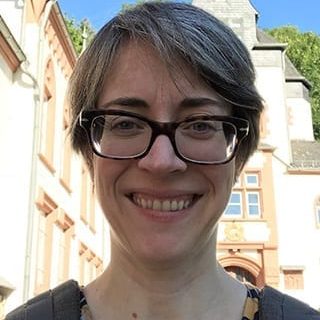
Katharina Kinder-Kurlanda
Katharina Kinder-Kurlanda is a cultural anthropologist with research interests in big data, algorithms, social media, open science and internet research ethics. She is a Professor of Digital Culture and Director of the Digital Age Research Center (D!ARC) at the University of Klagenfurt in Austria. Her past work at the GESIS Leibniz Institute for the Social Sciences included the implementation of Open Science for research data gathered from both surveys and social media.

Andrea Parola
Andrea Parola is consultant based in Brussels. He is currently the project manager of the ICT Coalition for Children Online. The coalition aims to help younger Internet users across Europe to make the most of the online world and deal with any potential challenges and risks. Andrea also leads as Managing Director, the company he created in 2009, EU Strategy, which is involved in public affairs and advocacy.
Our partners
The CO:RE project is funded within the EU framework of DT-TRANSFORMATIONS-07-2019 “The impact of technological transformations on children and youth” and connected with the following Research and Innovation Actions:



